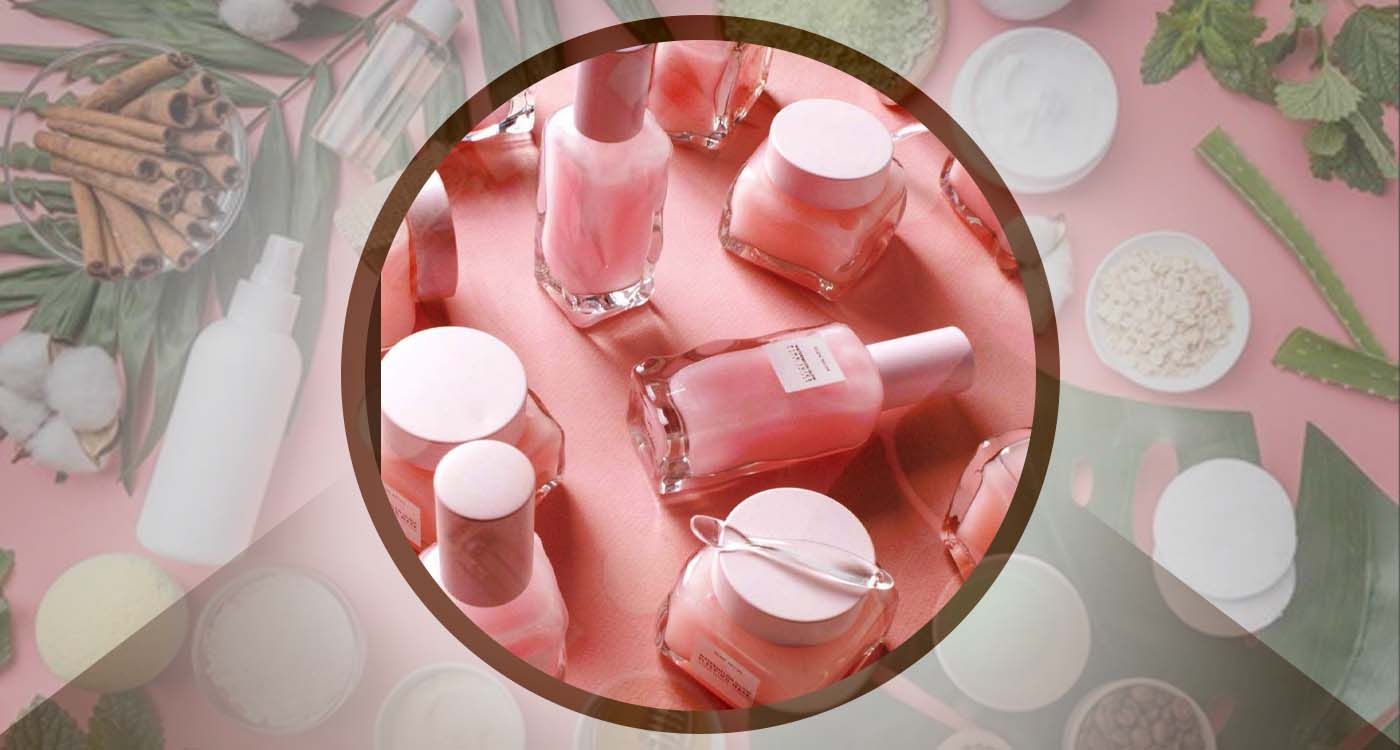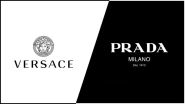
Cloth masks, snail mucin creams, ginseng serums... In just a few years, beauty products from Asia, particularly from China and South Korea, have transformed skincare routines around the world. With a mix of innovation, affordability, and proven results, they now stand as serious rivals to major Western brands. A closer look at a phenomenon that’s no longer just a passing trend.
What if the future of your makeup bag came from Seoul or Shanghai? This is no longer a passing craze, but a powerful wave sweeping through the industry. In just five years, Chinese beauty (C-beauty) and Korean beauty (K-beauty) products have won over the world, from TikTok influencers to pharmacy shelves. With natural ingredients, competitive pricing, and razor-sharp digital marketing, these Asian brands are steadily outpacing Western industry giants. A quiet revolution, strategic, polished, and gaining ground.
Sales Surge: The Numbers That Are Putting Big Brands to Shame
Since 2020, South Korean cosmetic exports have seen a remarkable surge of more than 30 percent, according to the Korea Customs Service. In 2023, international sales of K-beauty products reached 7.5 billion dollars, four times the total recorded in 2015.
In China, the domestic cosmetics market surpassed 90 billion dollars in 2022, according to Statista, making it the second-largest beauty market in the world, just behind the United States.
In just five years, K-beauty and C-beauty have dramatically changed the global cosmetics market. In 2024, South Korea hit a new high with exports reaching 10.28 billion dollars, a 20 percent increase in a single year, according to the Korea Joongang Daily.
China, meanwhile, is expected to generate 78 billion dollars in the beauty sector by 2025, solidifying its position as the world’s second-largest market, according to China Briefing.
The most striking development, however, is the rise of local brands. Between 2017 and 2022, Chinese brands doubled their share of the color cosmetics market, growing from 14 percent to 28 percent, and by 2022 they already controlled more than half of the domestic market. In 2021, they held 47 percent of the home market, significantly cutting into the share of international groups. With exports topping 10 billion dollars, Korean brands are also firmly establishing themselves among the world’s leaders, challenging Western giants.
The Secret Behind the Success
First, innovation. Sheet masks, targeted ampoules, and ten-step skincare routines—Korean brands have reset the standards of beauty care. Chinese brands focus on blending tradition, like Chinese herbs, with technology to stand out.
Second, price. A Korean serum typically costs half as much as a comparable product from a European brand.
Third, social media. TikTok, Instagram, and YouTube have become platforms where Asian brands excel at viral demonstrations. According to a 2024 McKinsey study, 70 percent of K-beauty buyers say they discovered their products through social media.
Should Europe and the US Take Notice?
Yes, to some extent. While major brands like L’Oréal and Estée Lauder continue to hold a firm grip on the market, they are beginning to lose ground among younger consumers who are looking for skincare that is more personalized, natural, and above all, affordable. According to GlobalData, the global market for Asian cosmetics is expected to exceed 150 billion dollars by 2027.
What About Lebanon?
In a country eager for beauty innovations and with a highly connected population, Asian brands are making a noticeable breakthrough. Several pharmacies and concept stores in Beirut, as well as Instagram accounts, now offer Korean brands prized for their quality-to-price ratio. Lebanese online sales platforms also feature best-sellers from Seoul and Guangzhou.
Asian beauty is no longer just a trend. It is a tidal wave. Driven by effective formulas, powerful digital marketing, and unbeatable prices, the Korean-Chinese surge continues to shake the foundations of Western cosmetics giants.




Comments